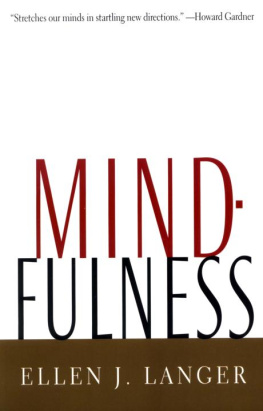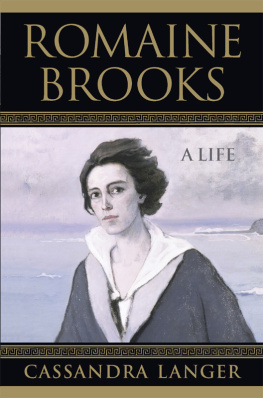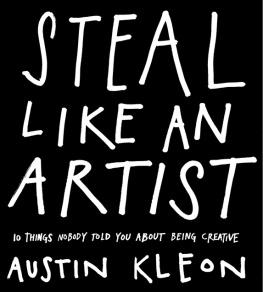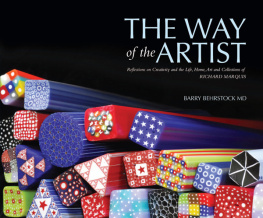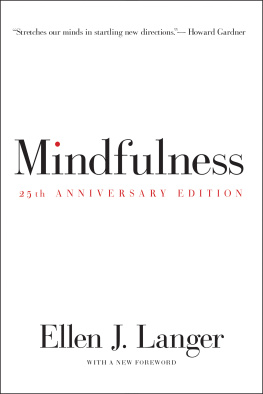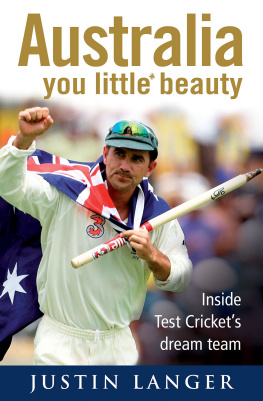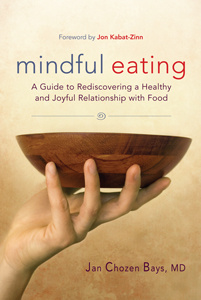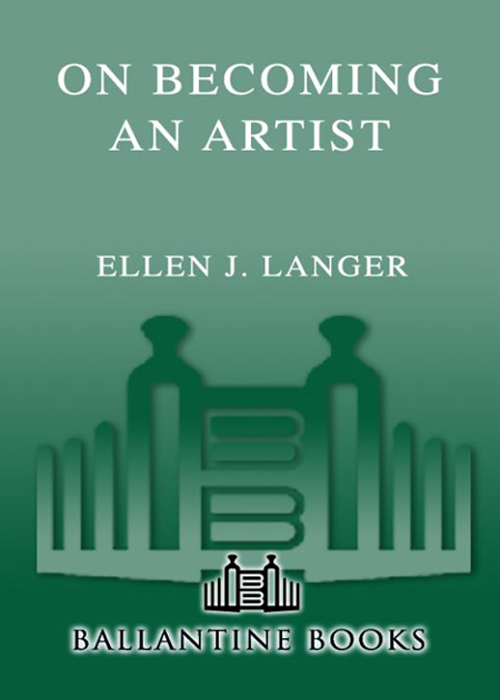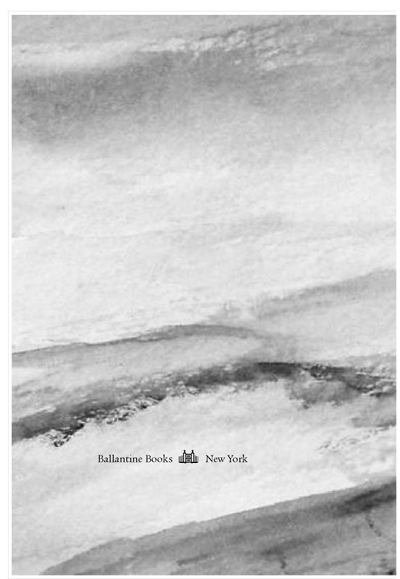Ellen J. Langer - On Becoming an Artist: Reinventing Yourself Through Mindful Creativity
Here you can read online Ellen J. Langer - On Becoming an Artist: Reinventing Yourself Through Mindful Creativity full text of the book (entire story) in english for free. Download pdf and epub, get meaning, cover and reviews about this ebook. year: 2007, publisher: Random House Publishing Group, genre: Religion. Description of the work, (preface) as well as reviews are available. Best literature library LitArk.com created for fans of good reading and offers a wide selection of genres:
Romance novel
Science fiction
Adventure
Detective
Science
History
Home and family
Prose
Art
Politics
Computer
Non-fiction
Religion
Business
Children
Humor
Choose a favorite category and find really read worthwhile books. Enjoy immersion in the world of imagination, feel the emotions of the characters or learn something new for yourself, make an fascinating discovery.

- Book:On Becoming an Artist: Reinventing Yourself Through Mindful Creativity
- Author:
- Publisher:Random House Publishing Group
- Genre:
- Year:2007
- Rating:5 / 5
- Favourites:Add to favourites
- Your mark:
On Becoming an Artist: Reinventing Yourself Through Mindful Creativity: summary, description and annotation
We offer to read an annotation, description, summary or preface (depends on what the author of the book "On Becoming an Artist: Reinventing Yourself Through Mindful Creativity" wrote himself). If you haven't found the necessary information about the book — write in the comments, we will try to find it.
from On Becoming an Artist
On Becoming an Artist is loaded with good news. Backed by her landmark scientific work on mindfulness and artistic nature, bestselling author and Harvard psychologist Ellen J. Langer shows us that creativity is not a rare gift that only some special few are born with, but rather an integral part of everyones makeup. All of us can express our creative impulses authentically and uniquelyand, in the process, enrich our lives.
Why then do so many of us merely dream of someday painting, someday writing, someday making music? Why do we think the same old thoughts, harbor the same old prejudices, stay stuck in the same old mud? Who taught us to think inside the box?
No one is more qualified to answer these questions than Dr. Langer, who has explored their every facet for years. She describes dozens of fascinating experimentsher own and those of her colleaguesthat are designed to study mindfulness and its relation to human creativity, and she shares the profound implications of the resultsfor our well-being, health, and happiness.
Langer reveals myriad insights, among them: We think we should already know what only firsthand experience can teach us. . . . In learning the ways that all roses are alike, we risk becoming blind to their differences. . . . If we are mindfully creative, the circumstances of the moment will tell us what to do. . . . Those of us who are less evaluatively inclined experience less guilt, less regret, less blame, and tend to like ourselves more. . . . Uncertainty gives us the freedom to discover meaning. . . . Finally, what we think were sure of may not even exist.
With the skill of a gifted logician, Langer demonstrates exactly how we undervalue ourselves and undermine our creativity. By example, she persuades us to have faith in our creative works, not because someone else approves of them but because theyre a true expression of ourselves. Her high-spirited, challenging book sparkles with wit and intelligence and inspires in us an infectious enthusiasm for our creations, our world, and ourselves. It can be of lifelong value to everyone who reads it.
Ellen J. Langer: author's other books
Who wrote On Becoming an Artist: Reinventing Yourself Through Mindful Creativity? Find out the surname, the name of the author of the book and a list of all author's works by series.

